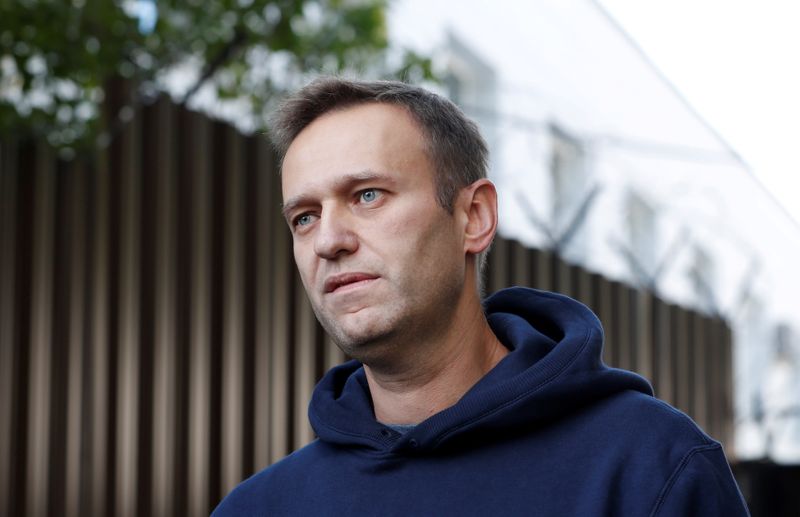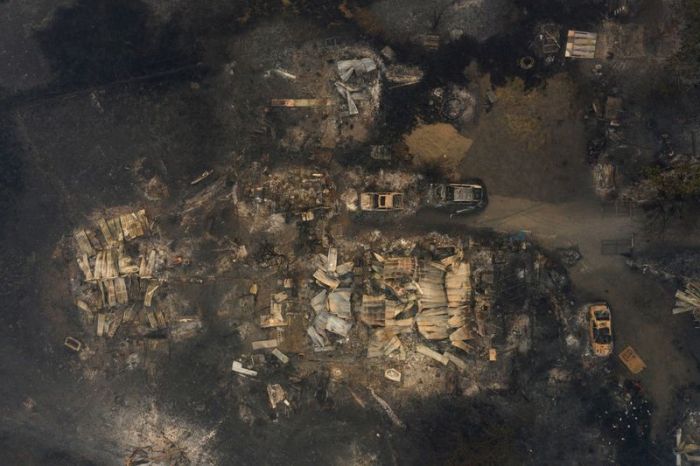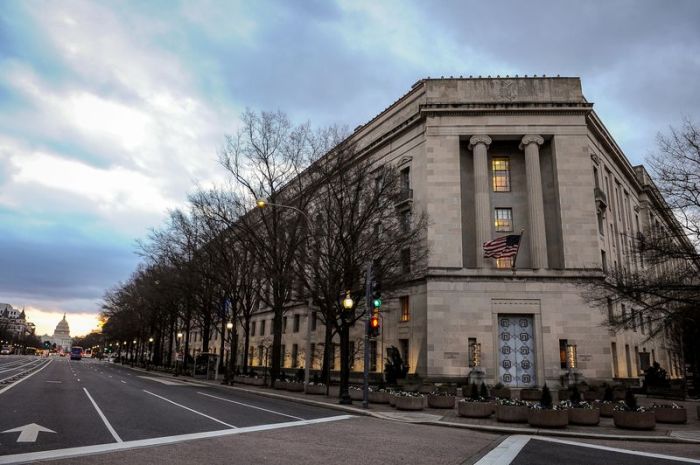UNITED NATIONS (Reuters) – The United States told the U.N. Security Council on Thursday it would work with allies to hold accountable those responsible for poisoning Russian opposition politician Alexei Navalny, including “through restricting funds for malign activities.”
“Russia has used chemical nerve agents from the ‘Novichok’ group in the past. The Russian people have a right to express their views without fear of retribution of any kind,” the deputy U.S. ambassador to the United Nations, Cherith Norman-Chalet, told a council meeting on chemical weapons in Syria.
The Kremlin critic is being treated in Berlin’s Charite hospital after falling ill on a Russian domestic flight last month. Germany says he was poisoned with a Soviet-style Novichok nerve agent. Moscow has said it has seen no evidence that Navalny, 44, was poisoned.
“We urge Russia to cooperate fully with the international community’s investigation,” Norman-Chalet told the council. ”Wherever the evidence leads, we will work with allies and the international community to hold perpetrators accountable, including through restricting funds for malign activities.”
Russian U.N. Ambassador Vassily Nebenzia said Russia wanted to know what happened to Navalny but that Russian authorities did not have any grounds to open an investigation as they did not have any evidence.
“Our doctors who, by the way, saved Alexey Navalny did not find any chemical weapon substances in his analyses. The German laboratory claims it did,” he told the Security Council.
“But we received no evidence from Germany that would allow us to make a conclusion that it was a crime by attempted poisoning and thus start an investigation,” he added.
Germany’s U.N. ambassador, Christoph Heusgen, said Berlin was working with the global chemical weapons watchdog – the Organisation for the Prohibition of Chemical Weapons (OPCW) – on the issue and urged Moscow to do the same.
“It’s not a bilateral issue – it’s an issue of international concern (when) chemical agents are used, and therefore, the OPCW will have all the evidence and it would be very good if Russia would work with OPCW,” Heusgen told the council.
(Reporting by Michelle Nichols; Editing by Leslie Adler and Peter Cooney)






















